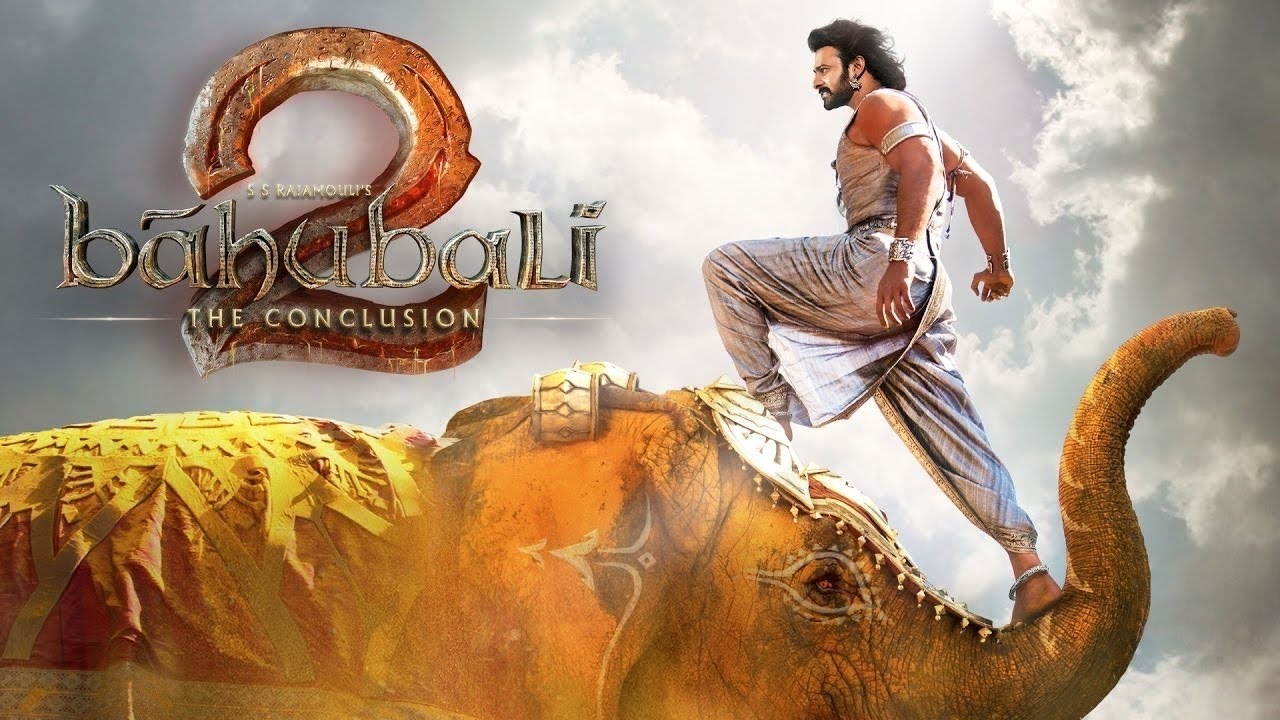Filmmaker Abhaya Simha’s Paddayi (West), a 2018 Tulu language film, opens to an interesting cross-cut montage. In a coastal village, a Yakshagana troupe is preparing for an evening show. Close-up shots of men putting on their make-up and attire. A little away from the venue, a fishing crew is setting out to the deep sea on a vessel. Traditional music plays in the background, weaving the two elements into one narrative landscape.
Simha effectively uses two pivotal cultural markers of Udupi – the Yakshagana, the traditional temple art, and the thriving fishing occupation – to retell Shakespeare’s Macbeth, a tale of bloodshed driven by greed. In the film, the two elements are inter-dependent. The chief patron of the village’s Yakshagana artistes is Dinesh, a wealthy business man who owns several fishing vessels. The man responsible for his prosperity is Madhava (Mohan Shenoy), a young fisherman with exceptional spotting skills. Dinesh’s son, a loafer with some dubious company, wants to migrate to Dubai illegally. Dinesh’s fishing vessels have to fight off competition and many forms of threat from bigger and modern fishing companies that have zero regard for the traditional codes of the profession that he devotedly follows. Distressed and disillusioned with the race for wealth, he invests his hope and trust in Madhava. As fate would have it, the flash of good fortune blinds the young man and his wife Sugandhi (Bindu Rakshidhi), and leads to bloodshed and moral abrasions.
Simha, a Kannadiga from Mangalore, is an alumnus of Film and Television Institute of India. He decided to make Paddayi in Tulu, a Dravidian language spoken by less by 2.5 million people in Dakshina Kannada and Udupi districts, to stay true to the Mogaveera fishing community the film is centred on. The micro film industry of Tulu operates in a limited market where it has to face stiff competition from bigger film industries like Hindi and Tamil. Simha’s film, however, doesn’t reflect these realities. Paddayi is slickly shot (cinematographer Vishnuprasad Palinje), and has an exquisite soundscape (music director Kadri Manikanth and sound engineers Jamie DSilva and Shishira KV). The filmmaker uses some impressive motifs. A bottle of exotic perfume recurs in the narrative as the root of greed that grows into a great tragedy. Madhava is like the fish. The sea is where he perfectly belongs. You see that when he distances himself from it and embraces the life on the land, his life starts to crumble.
In Shakespeare’s story, human beings have little control over the events that befall them. What goes around comes around. Everything is programmed and placed in the cosmos, and human beings are mere devices in it.
When Malayalam filmmaker Jayaraj adapted the Bard’s Othello into Kaliyattam (1997) he set it against the backdrop of Theyyam, a traditional temple art form practiced in the Malabar region. The protagonist, Perumalayan/Othello (Suresh Gopi) is a revered Theyyam artiste who falls in love with the daughter (Manju Warrier as Desdemona) of a feudal lord. In the air, there is always a hangover of Theyyam. For Perumalayan, an introvert, his art is also a device of self-expression. When in performance, he is a divine embodiment that guards the land and its people. But the art form has aspects of fury and violence too. Jayaraj uses it to underline the complex psychological elements of the Shakespearean tale. In the sequence before the fateful night, you see the two personalities of Perumalayan – of the unparalleled performer who can evoke the divine, and of the man who is jealous and hurt – merging into one. The filmmaker makes interesting use of colours (red, the prominent hue in the Theyyam attire), shots of Theyyam figures that appear and disappear in the horizon, shot of flames (that would eventually swallow Perumalayan), and slow-burning music to delineate his mental state.
In Paddayi, the lead characters aren’t performing artistes, yet there is a high influence of theatre in the scenes. It’s a native deity, Bhooth Kola, that delivers a prophecy that turns Madhava’s modest life upside down. Dressed in Yakshagana costume, he looks like an artiste who wandered away from the stage. Sometimes, the narrative cuts to a bunch of artistes (their face masked by thick make-up) in the green room indulging in discussions that border on comical, on the developments in the village. They might remind one of a Vidushaka — the jester — in traditional Indian theatre. The pivotal scenes, several of them unfolding in Madhava’s household, have a generous dose of melodrama. The characters perform theatrically, as though they are addressing an invisible audience.
Recommended
Mounting the narrative on Yakshagana does help Simha turn a familiar tale into a novel experience. But it has a flip side which is evident in the film’s latter half, in the scenes that lead to the first murder. A lot of Madhava’s transformation into a murderer happens in one evening, over a heated exchange between him and Sugandhi. By staging the domestic scene like a mirror image of a Yakshagana performance on Bhagvad Gita, which is underway on a stage in the village, Simha makes everything look too easy and quick. It doesn’t take Sugandhi much effort to convince her righteous and gentile husband to murder his boss. She fumes, he tries to calm her down, and before we know, she picks up a knife and stares at it dramatically. It feels too programmatic.
Despite these missteps, Paddayi is a moving film that doesn’t just present a contrast between the good and the bad, but prods you to look for the shades in between. It sets its foot firm on a classic ancient tale to talk about the present, the era of neoliberalism, and concludes that the demons we fight as human beings have always been the same.
***
The Paddayi review is a Silverscreen original article. It was not paid for or commissioned by anyone associated with the movie. Silverscreen.in and its writers do not have any commercial relationship with movies that are reviewed on the site.



